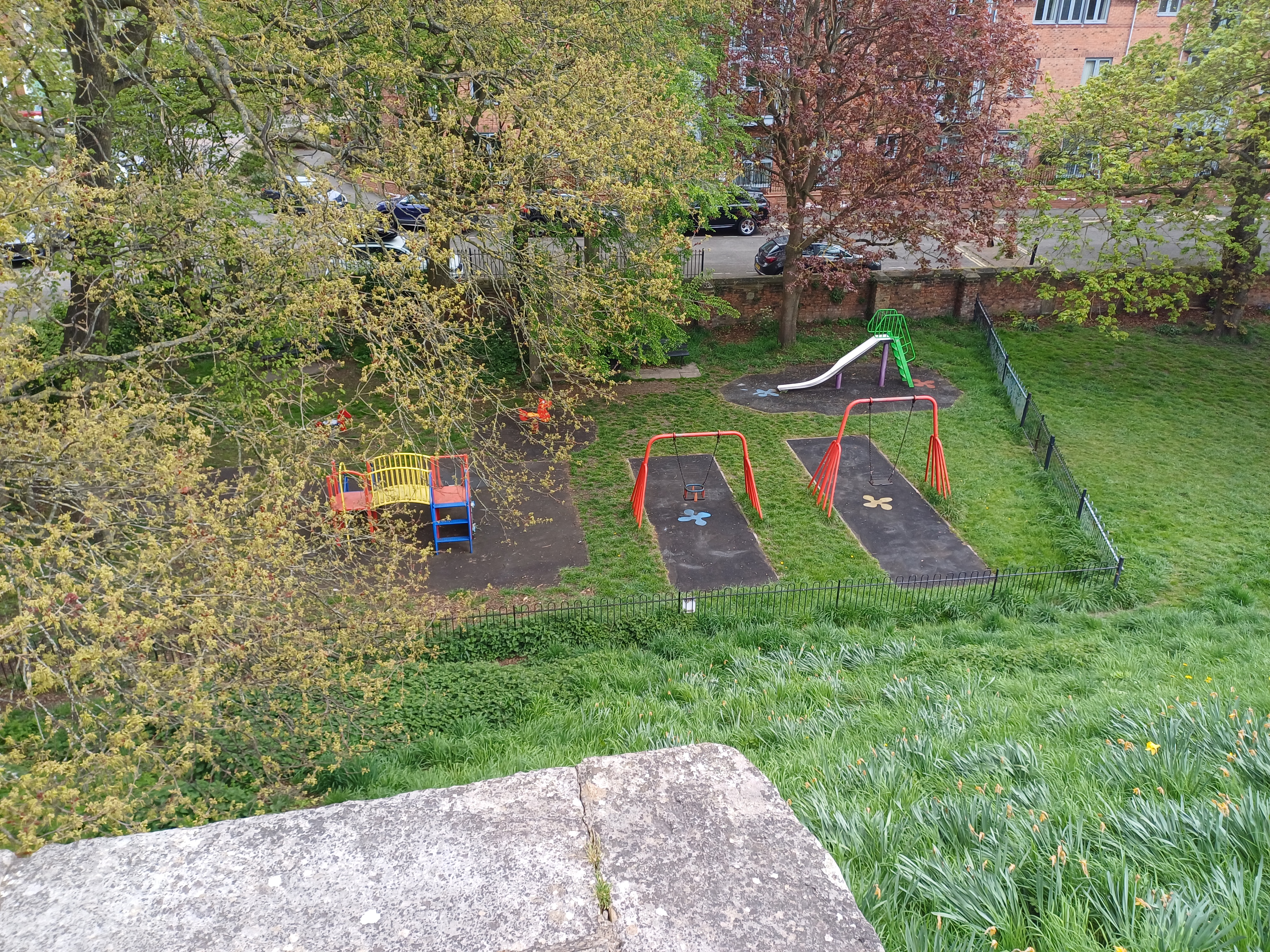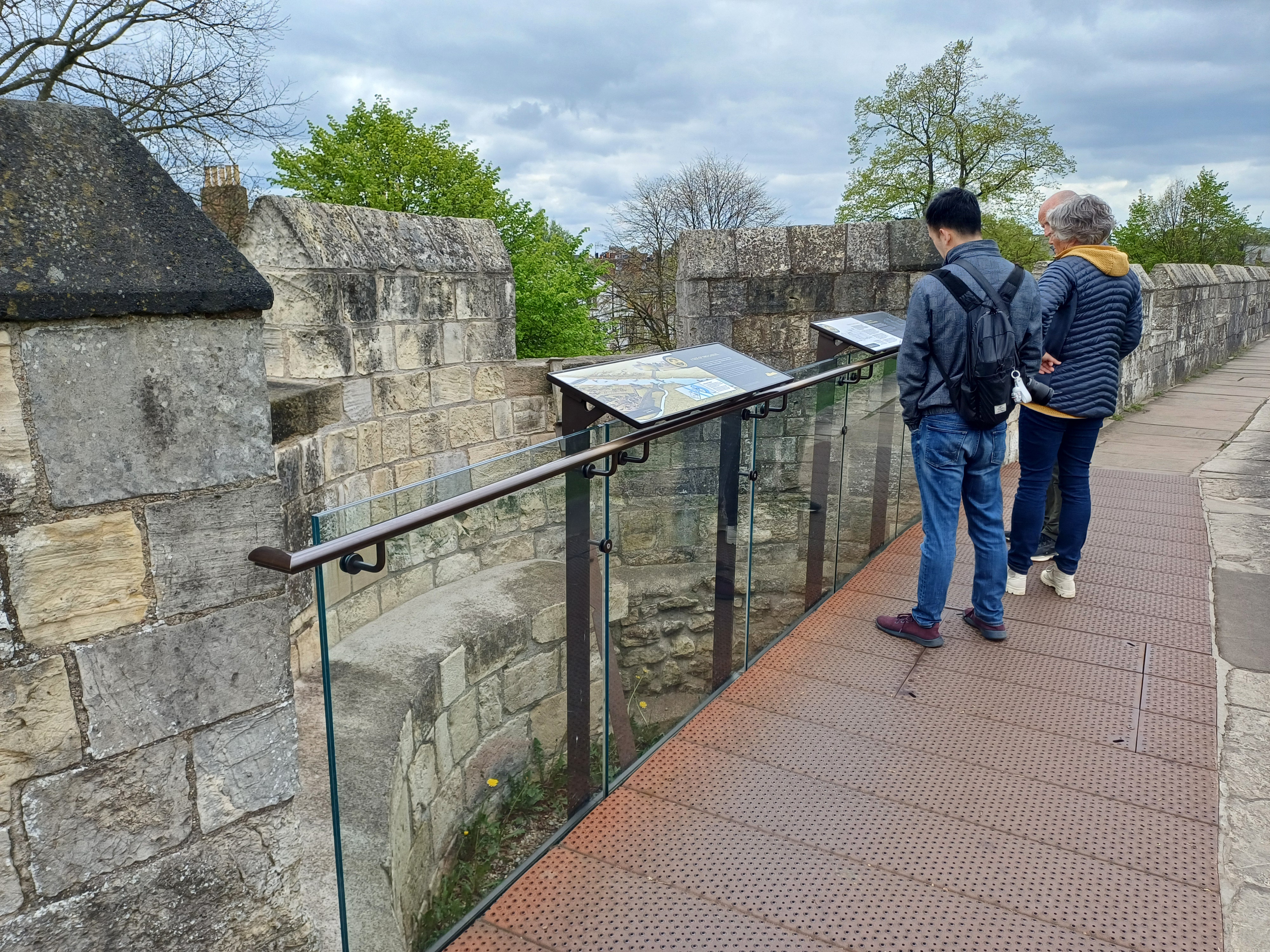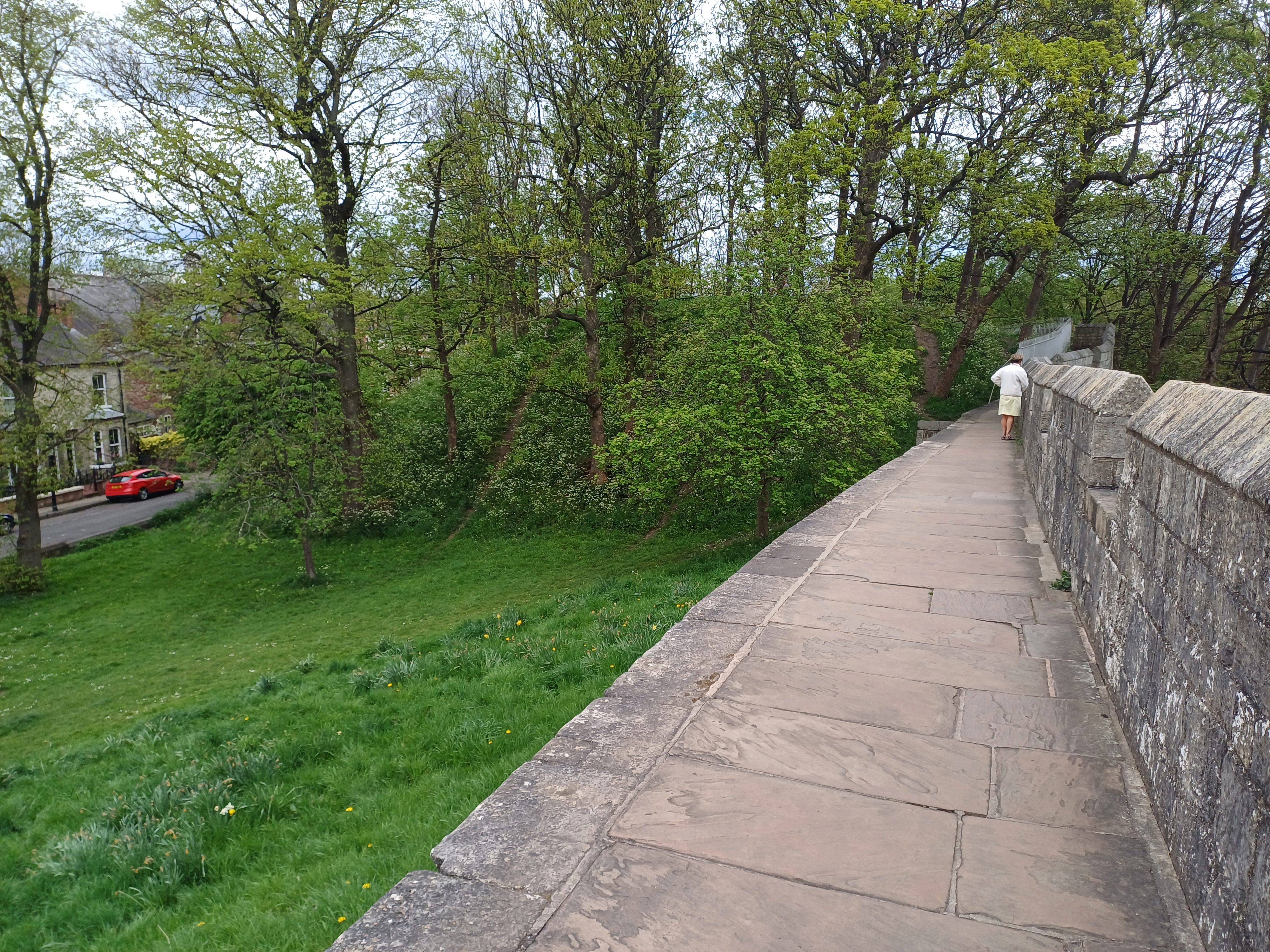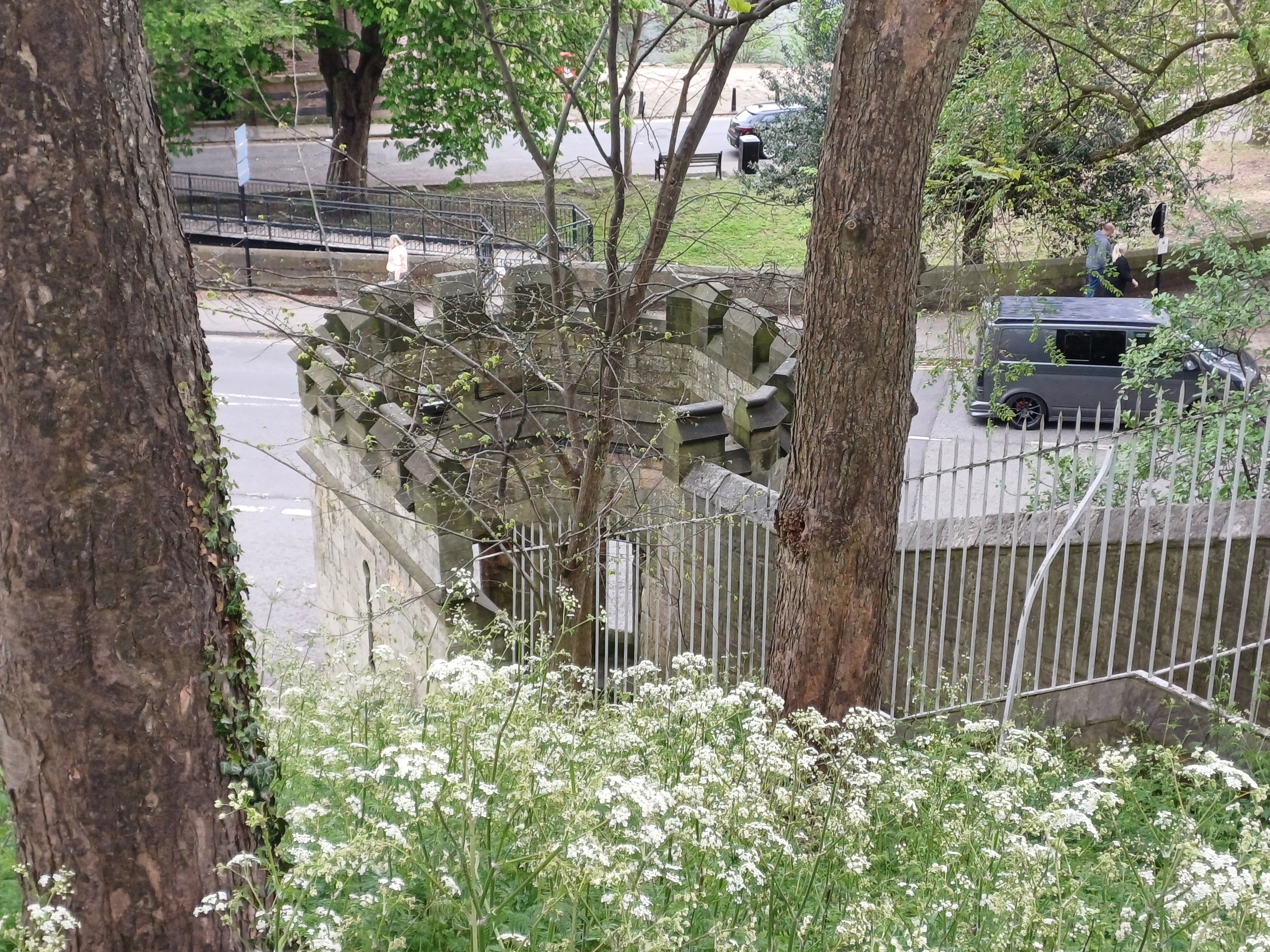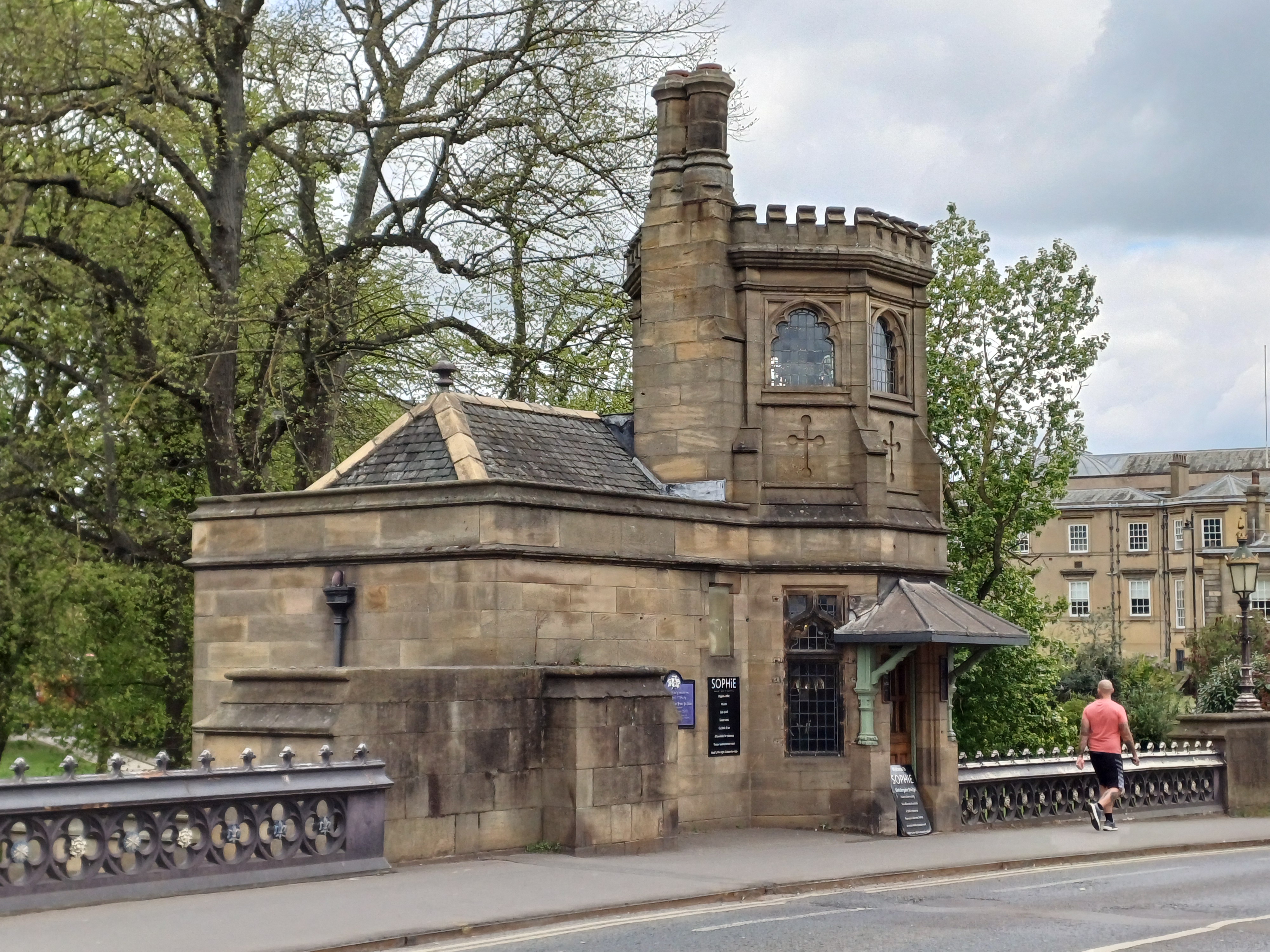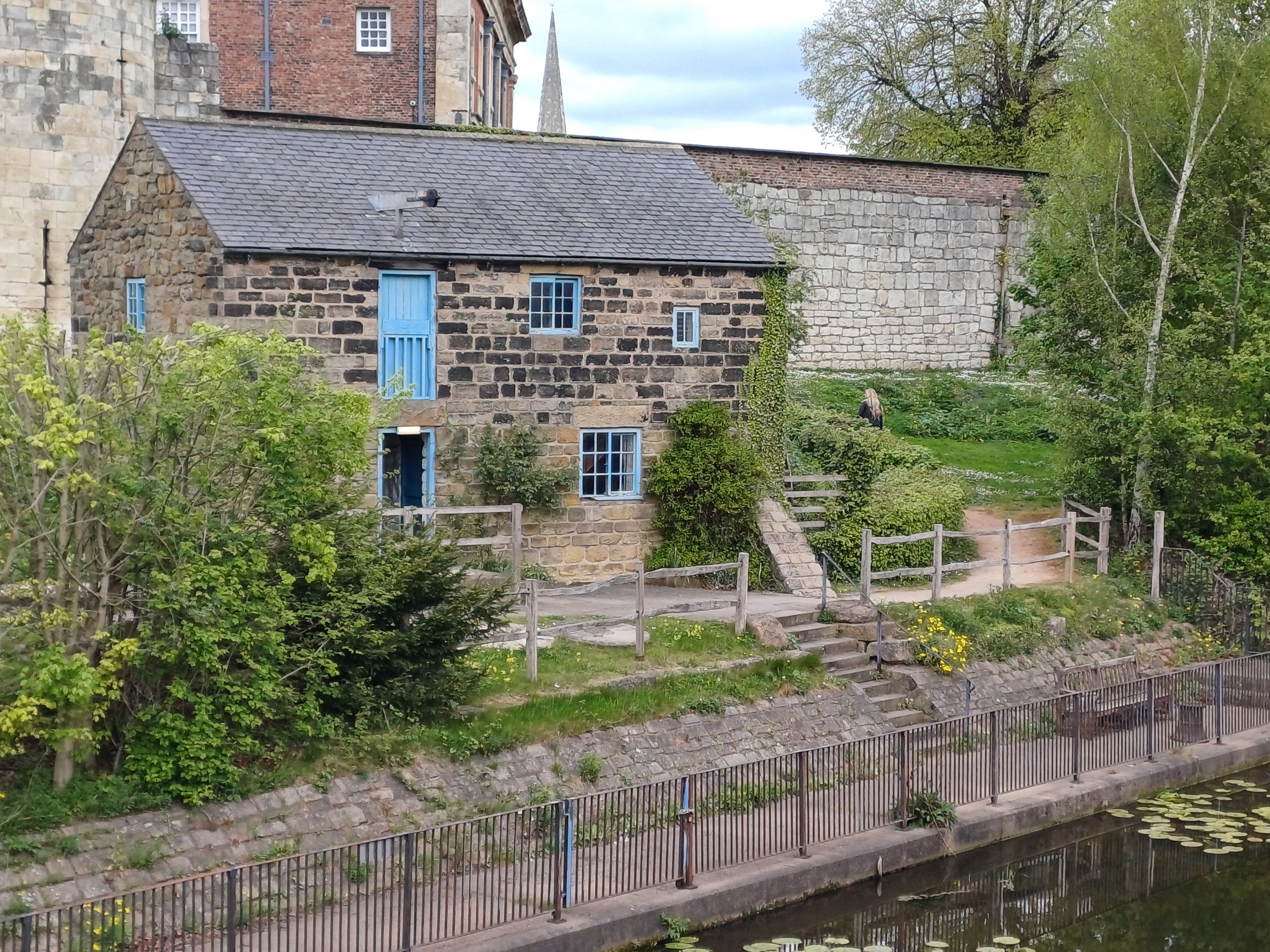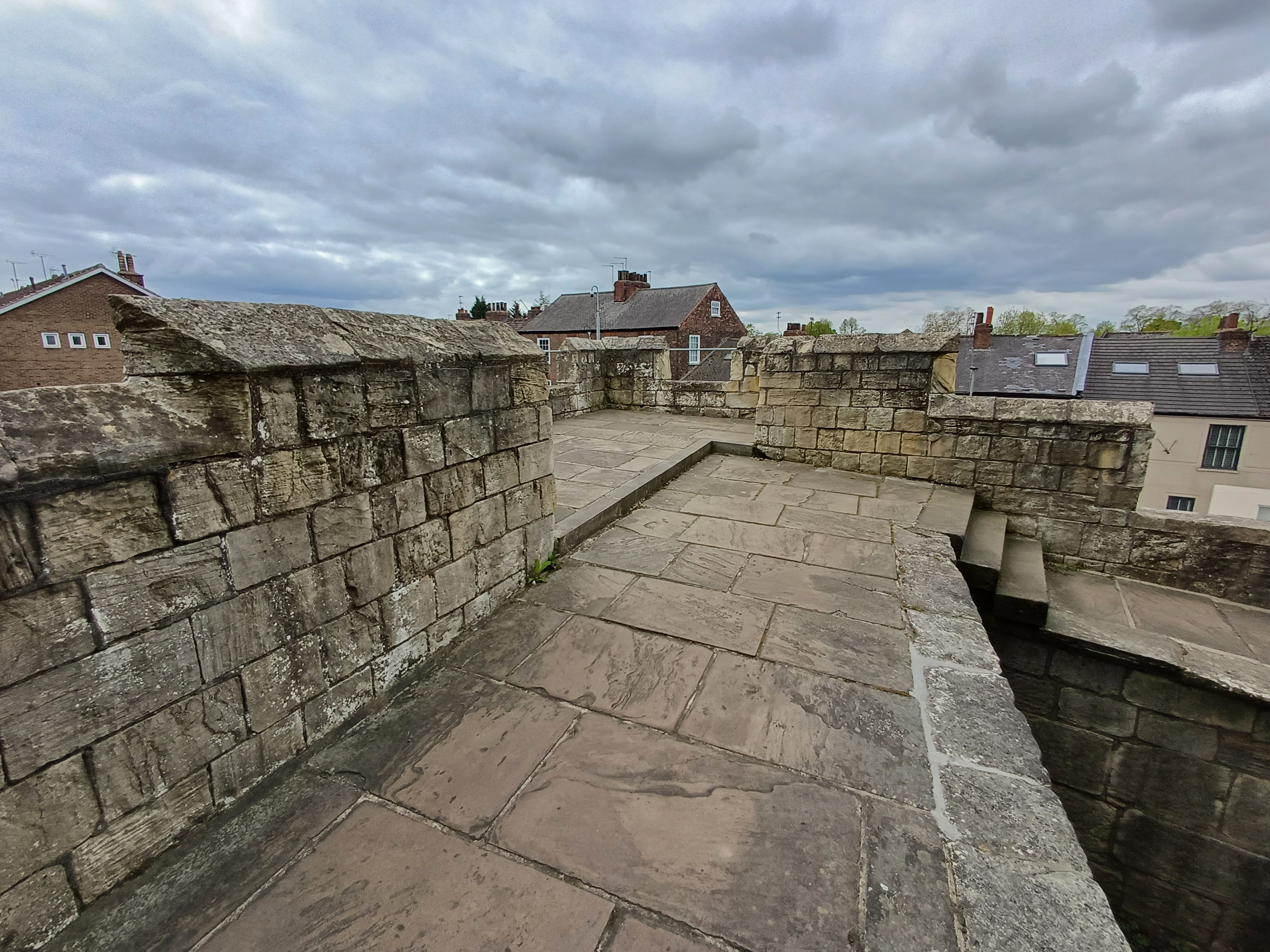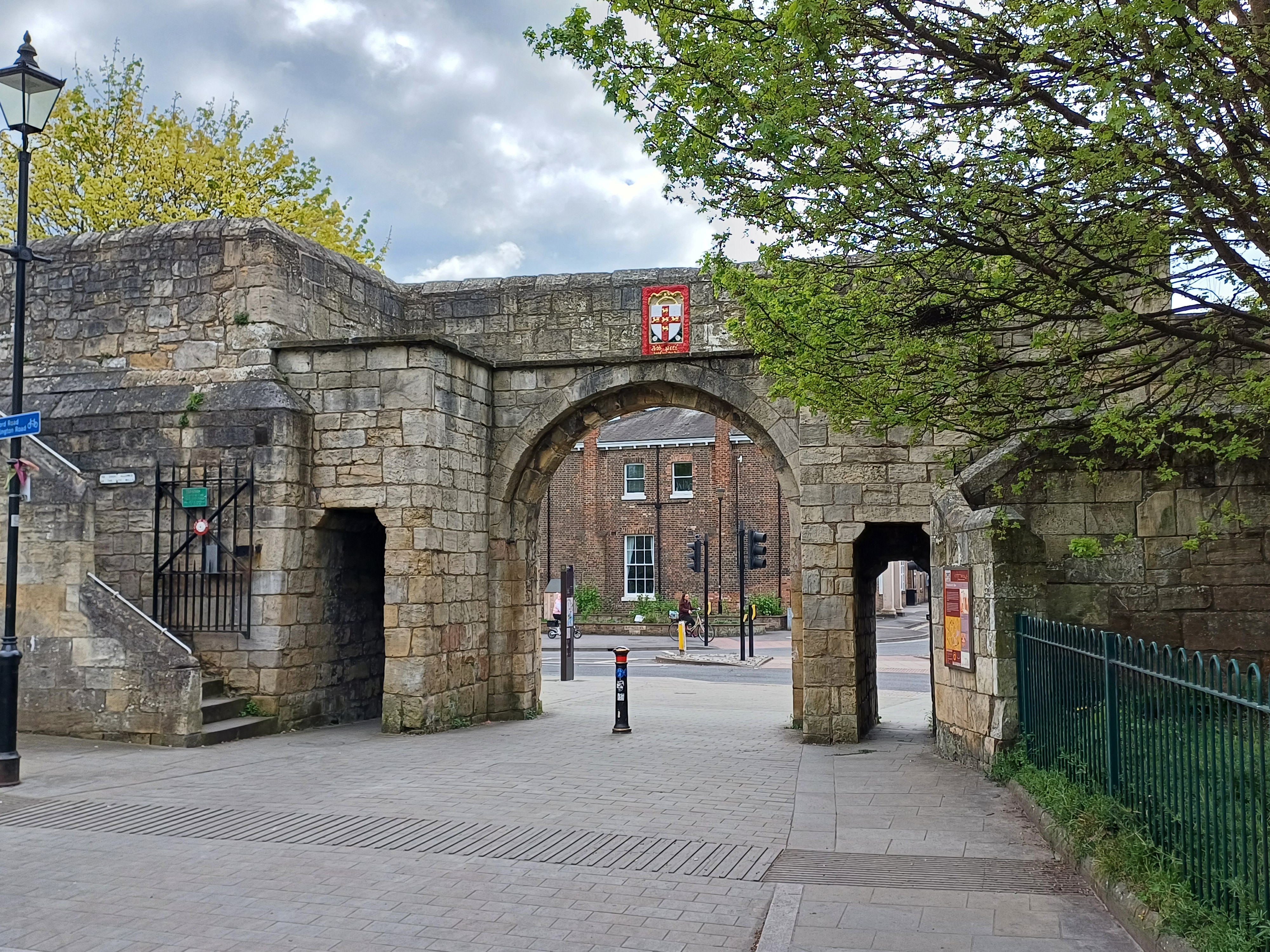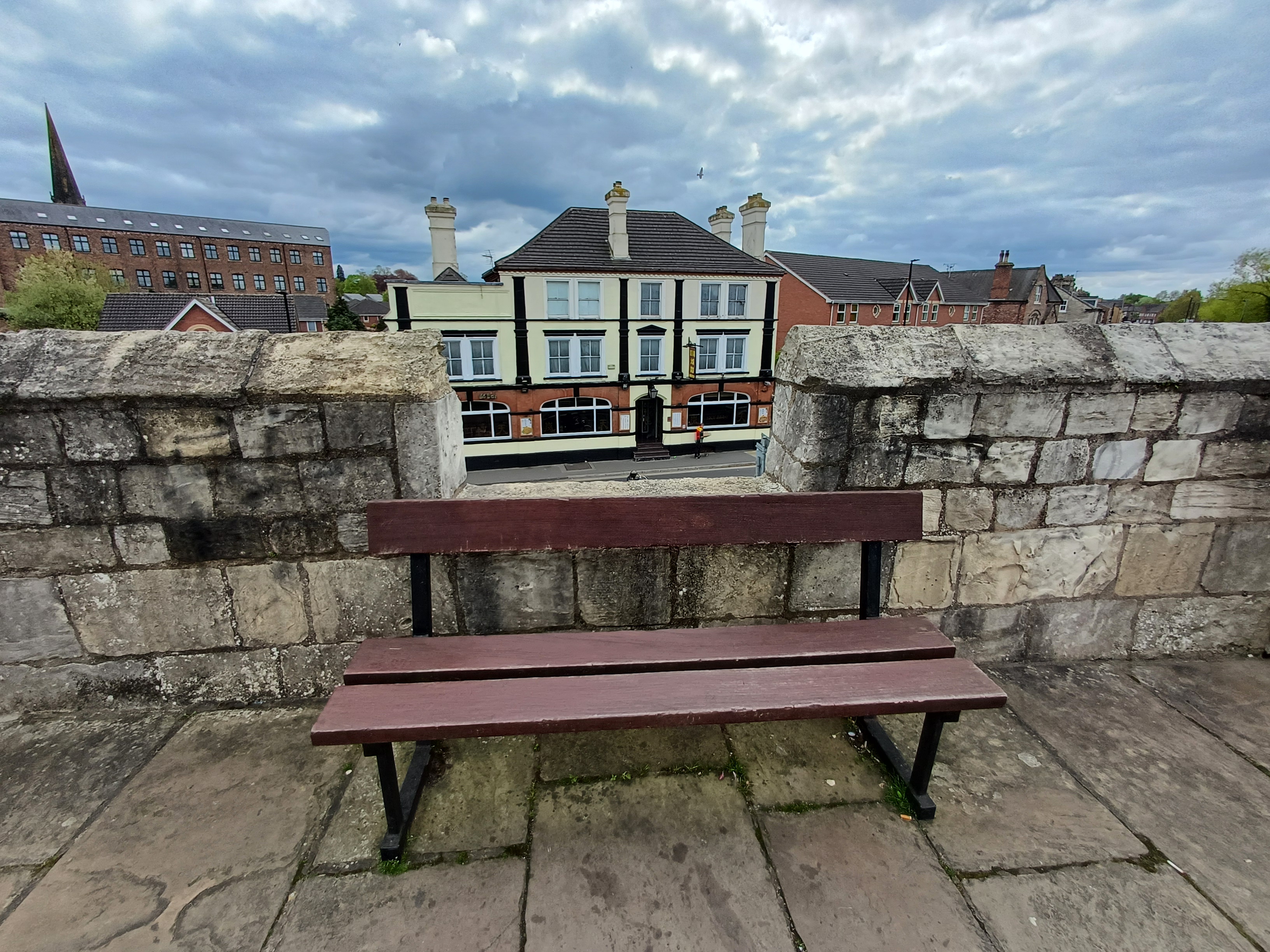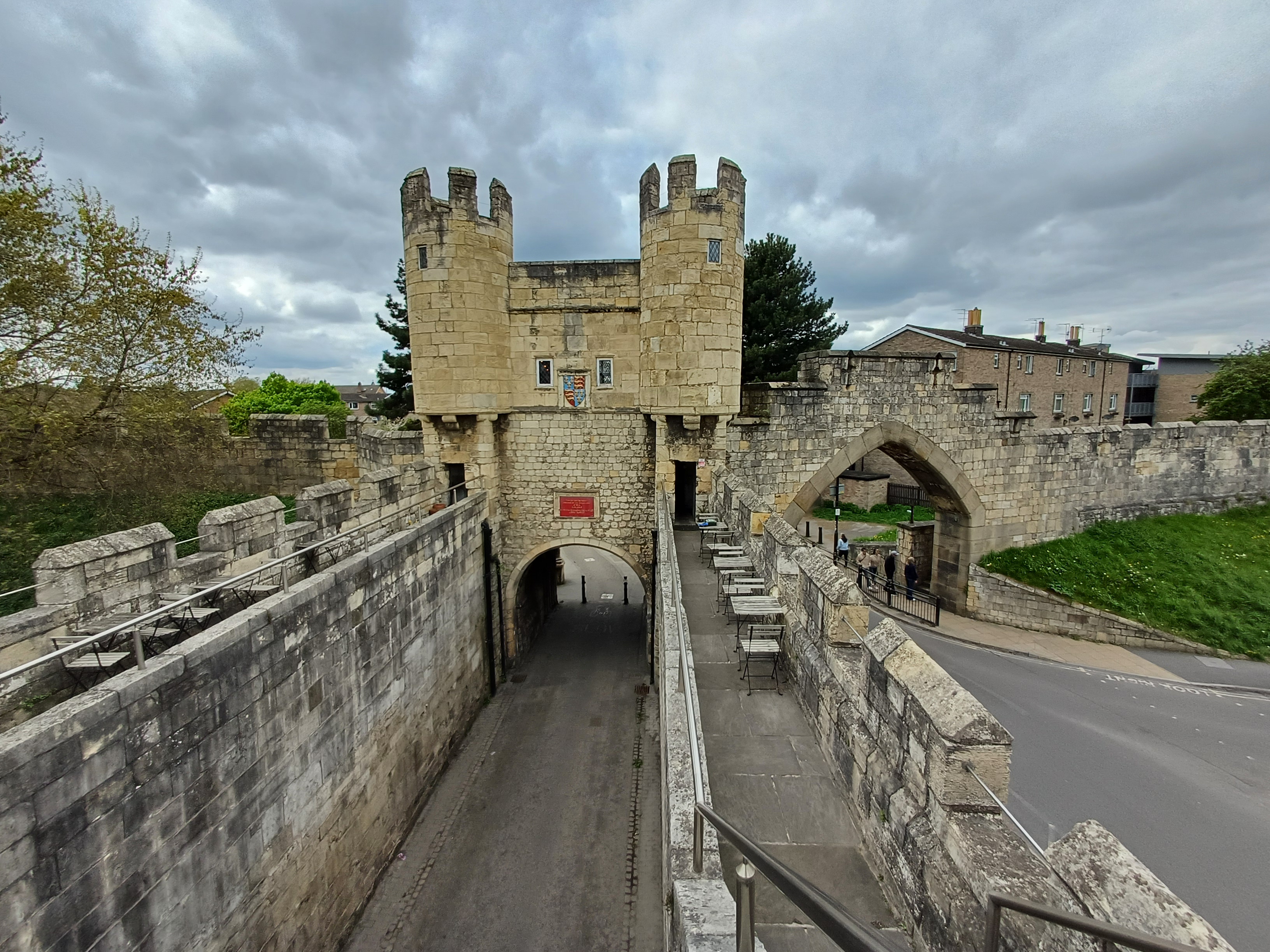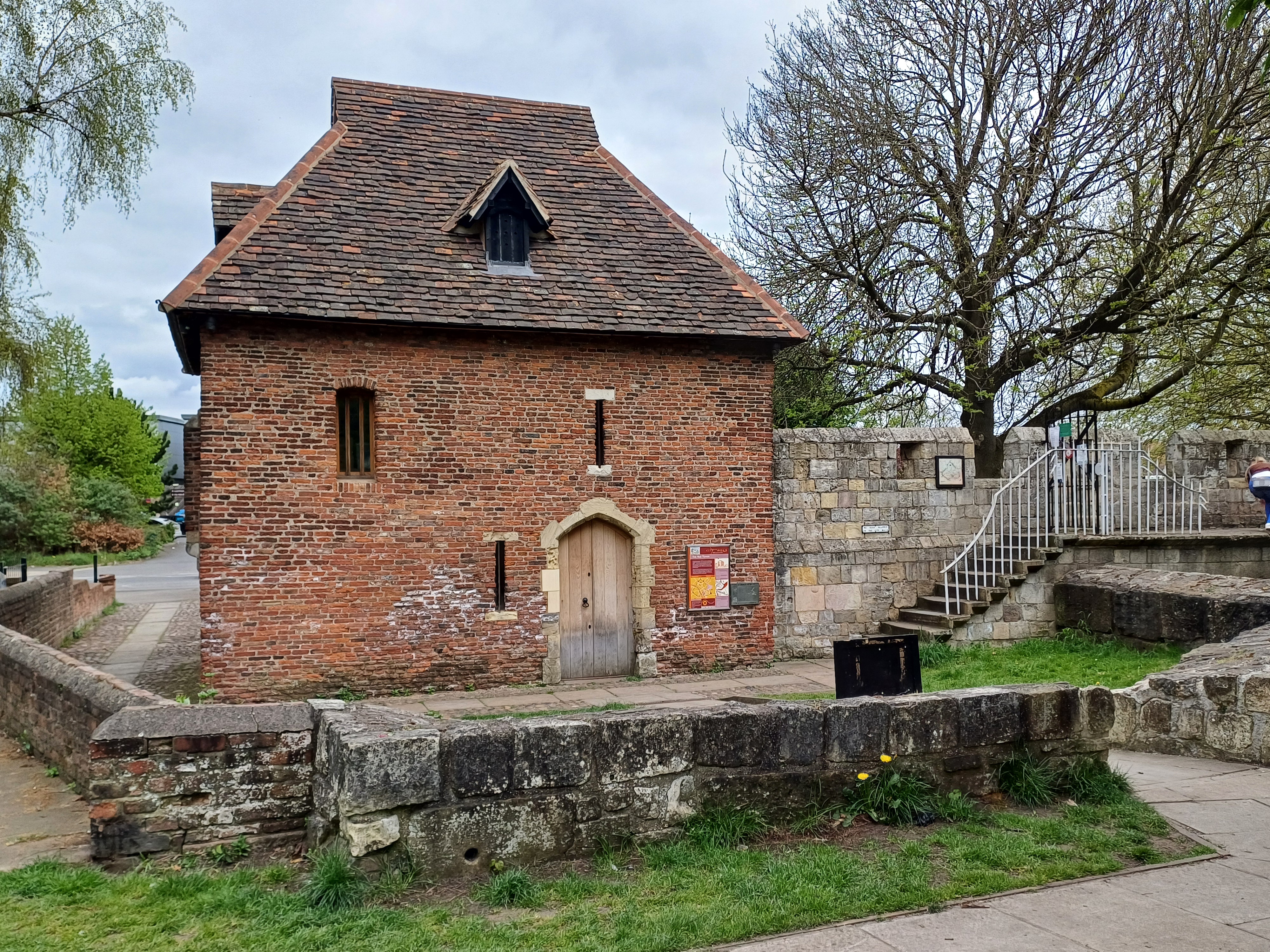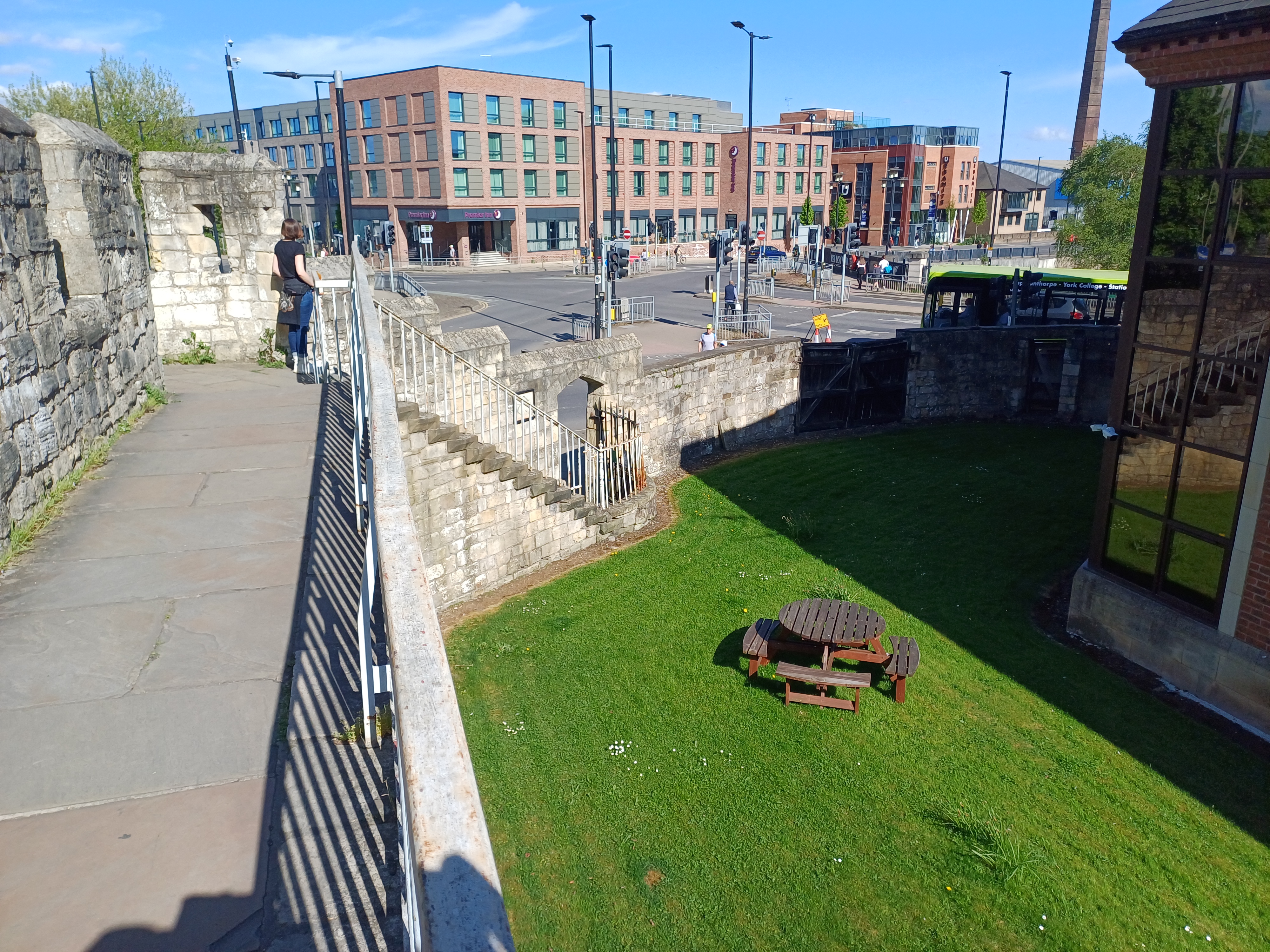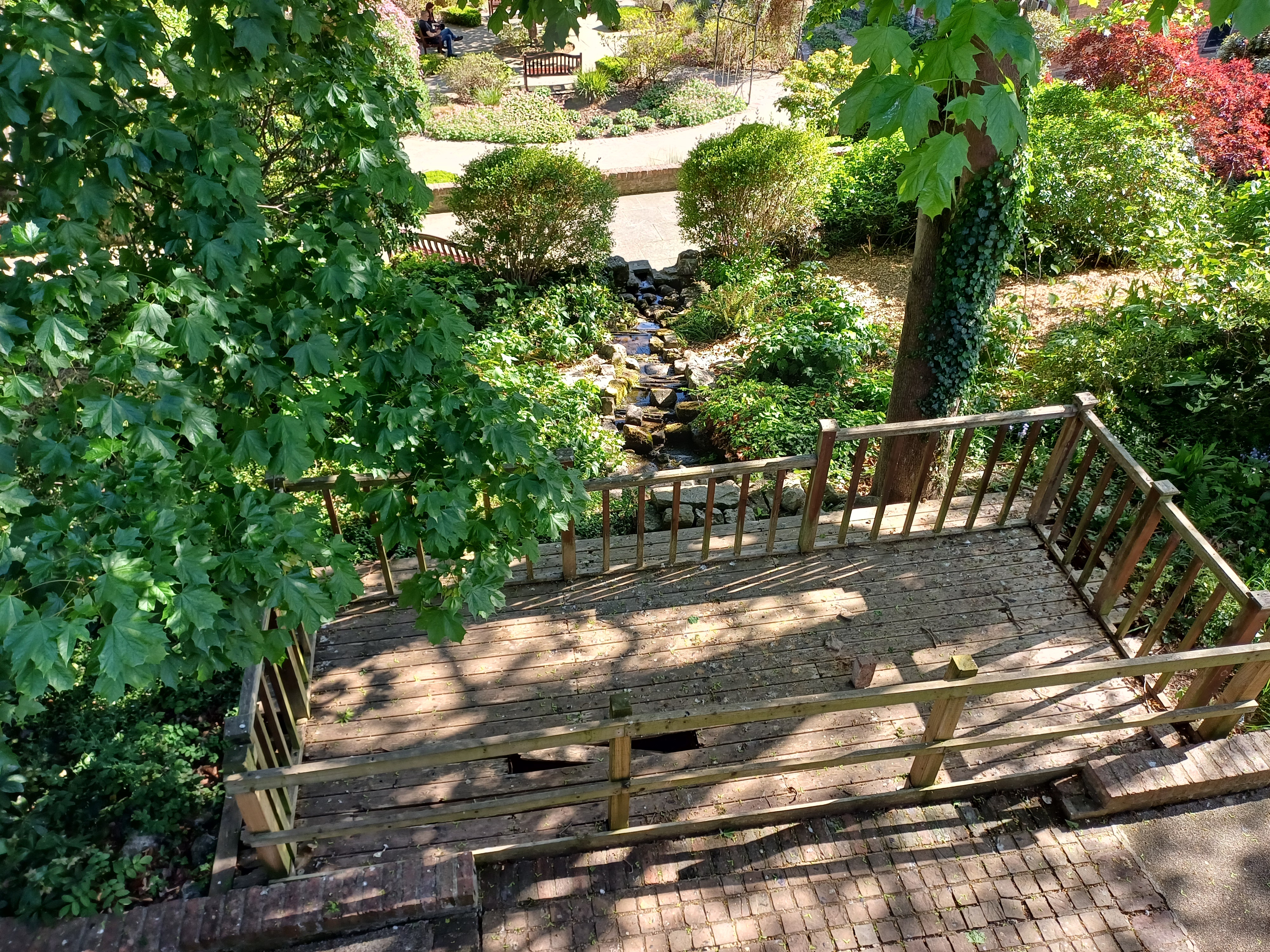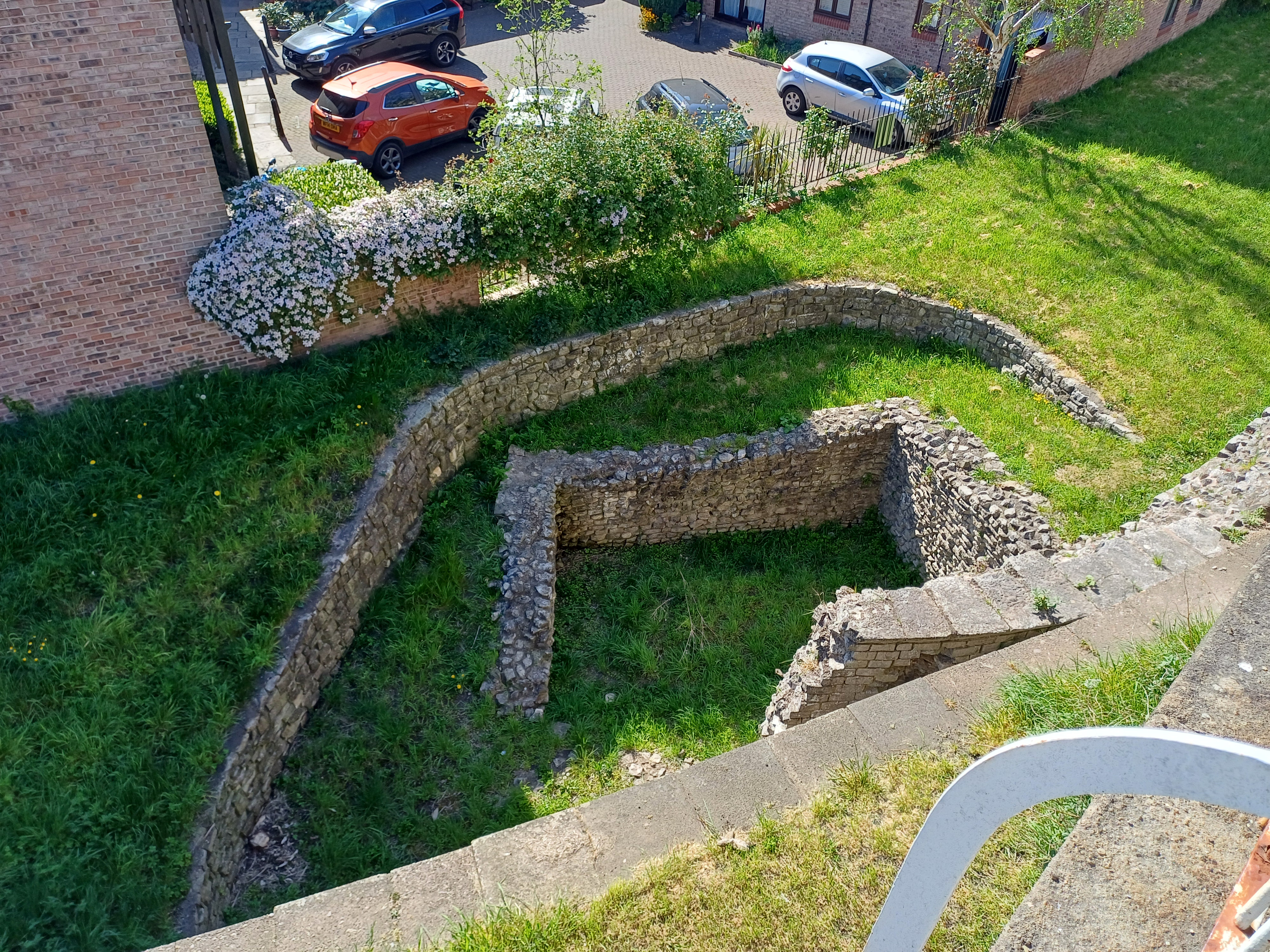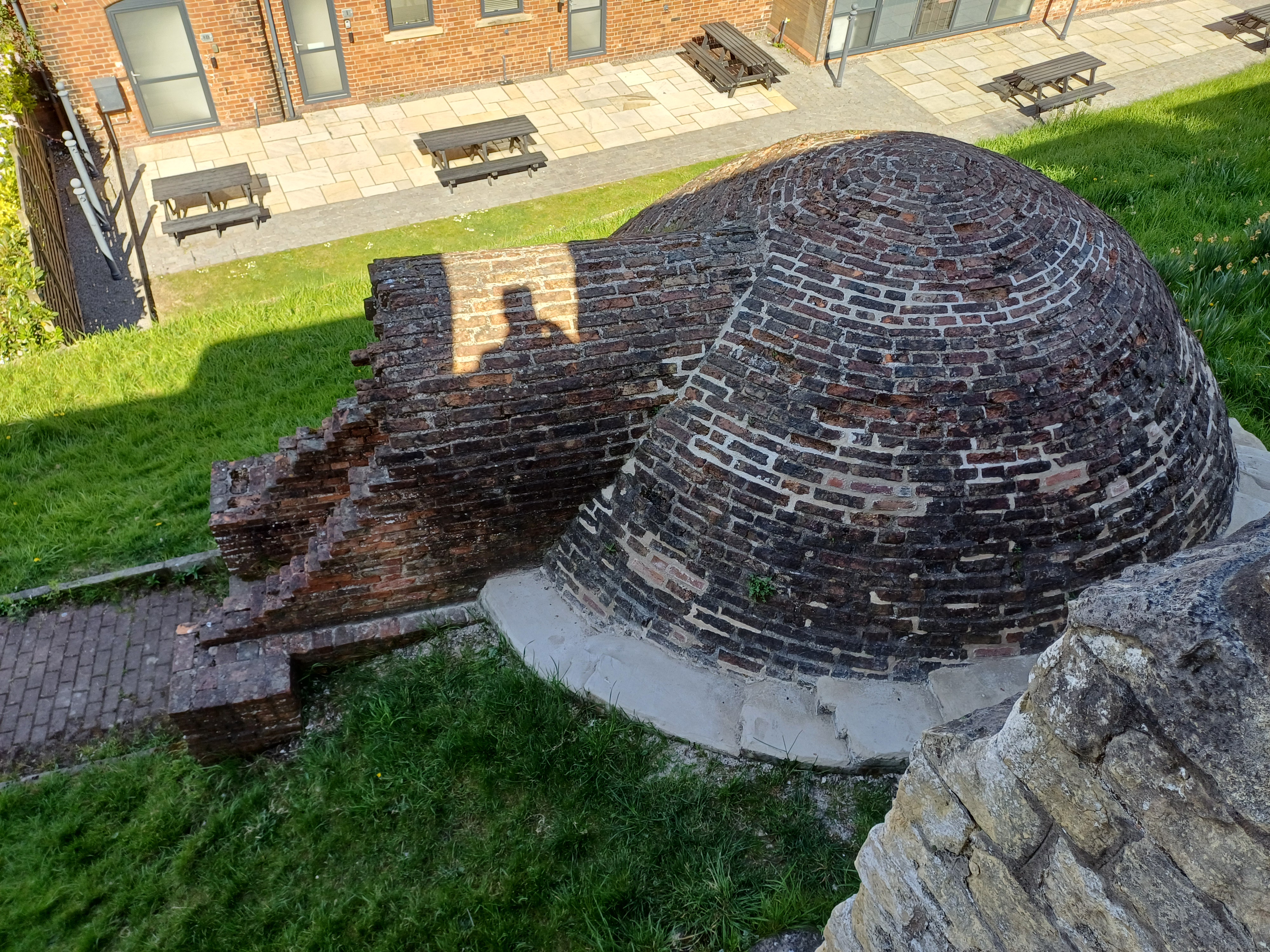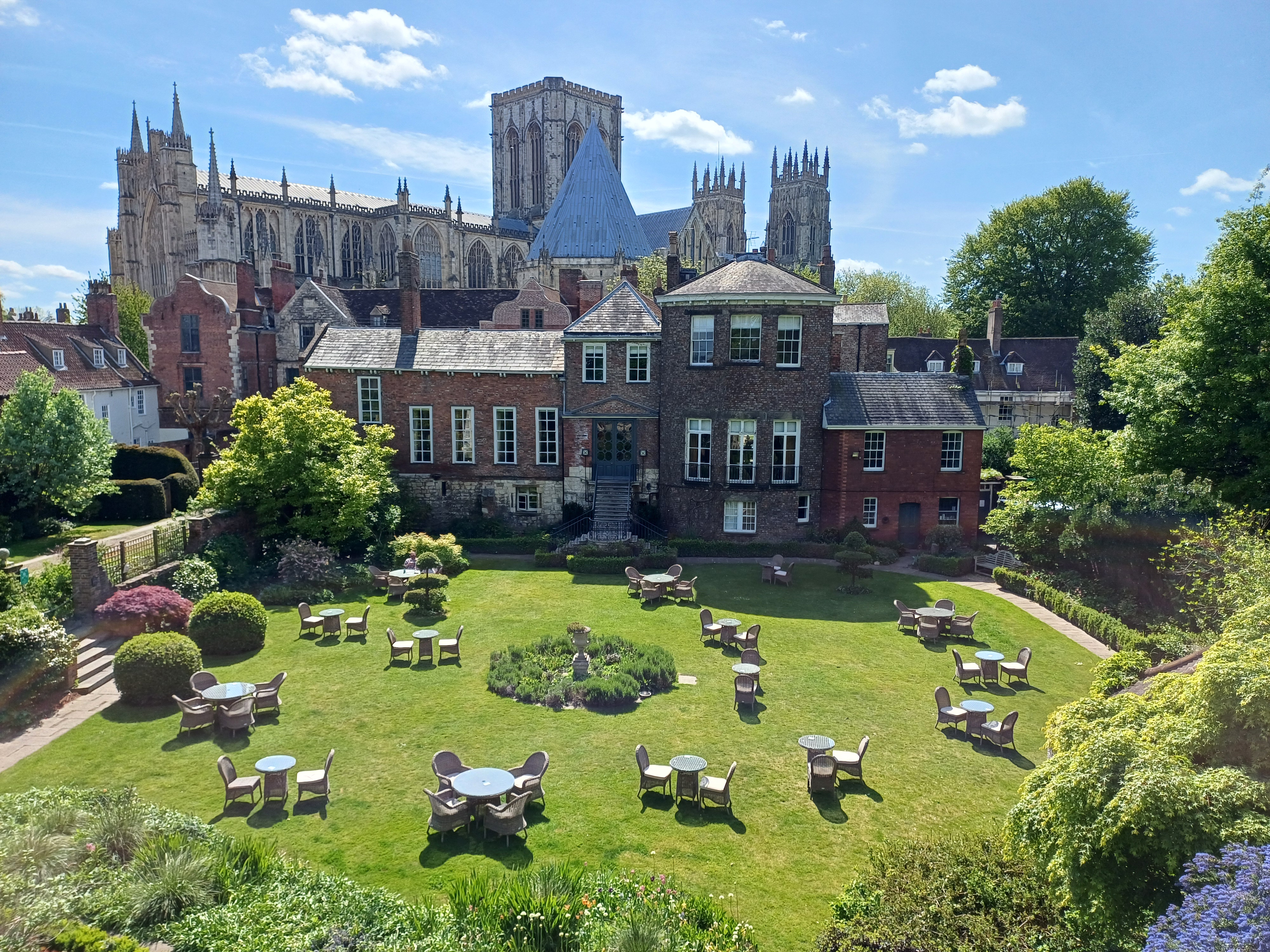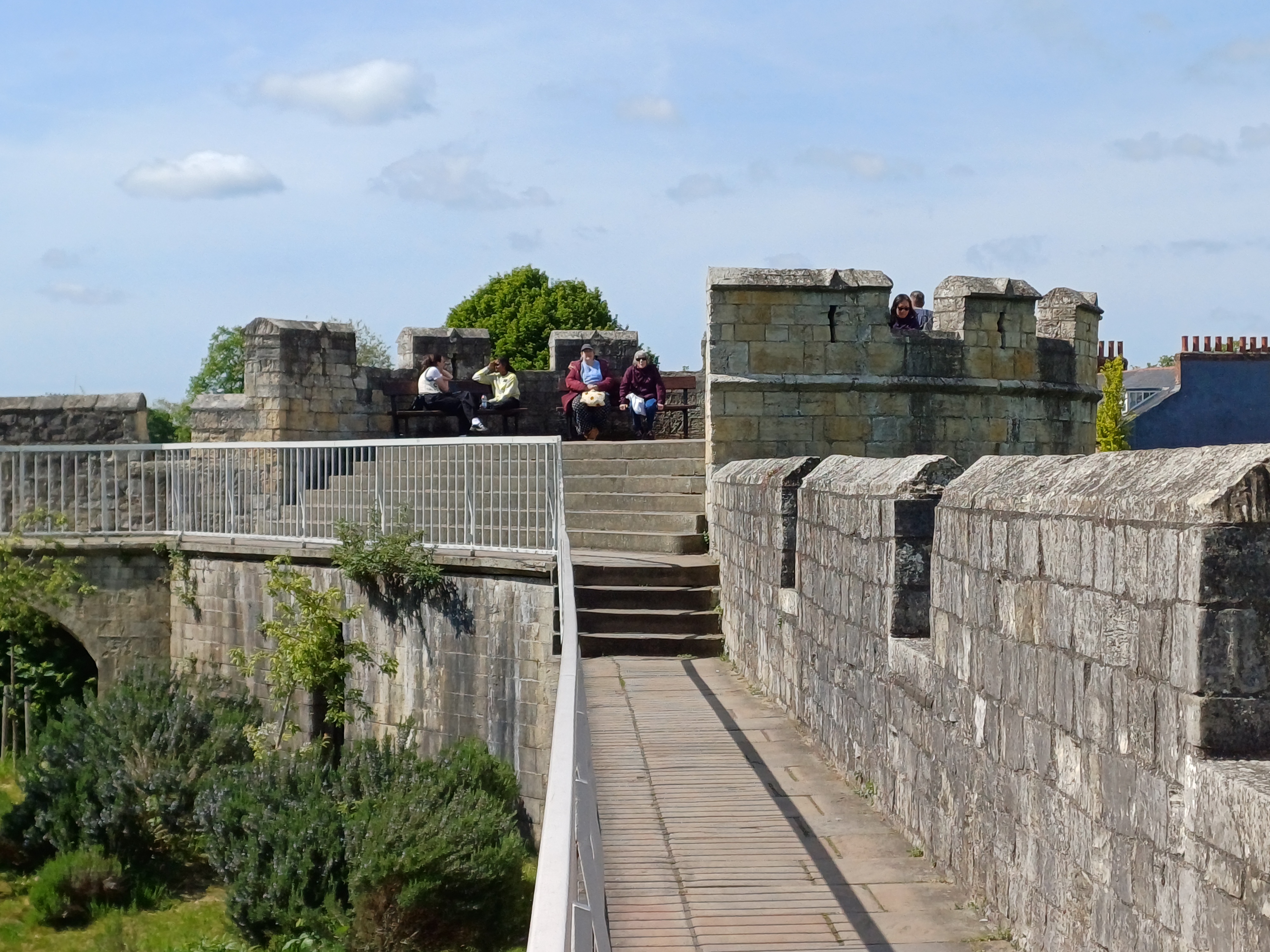Nehemiah
The Book of Nehemiah, as found in the Hebrew Bible and Christian Old Testament, tells the story of how a scattered and weakened community sought to rebuild itself after decades of displacement. Set in the fifth century BC, it follows Nehemiah, a Jewish official serving at the royal court of Persia under King Artaxerxes.
When Nehemiah hears reports of Jerusalem’s ruined condition, particularly its broken city walls, he is moved to act. With the king’s permission and resources, he returns to Jerusalem to lead a major reconstruction project.
What unfolds is both a personal memoir and a historical record. Nehemiah organizes the city’s residents into work groups, assigning them different portions of the wall to restore. The task, however, is anything but straightforward. Local leaders—Sanballat, Tobiah, and Geshem—oppose the rebuilding, mocking the workers and even plotting violence. Nehemiah responds with a mixture of prayer, practical defenses, and determined leadership, ensuring that builders carry tools in one hand and weapons in the other. Against the odds, the wall is completed in just fifty-two days, an accomplishment that secures the city physically and revives its sense of identity.
The book does not stop at physical reconstruction. Nehemiah also addresses social injustices within the community, such as the exploitation of the poor through loans and debt slavery. He challenges wealthy elites, abolishes these practices, and models ethical leadership by refusing the privileges normally afforded to governors. Alongside the scribe Ezra, Nehemiah oversees a period of cultural and religious renewal. Public readings of the Torah lead the people to confess their failings and recommit to their traditions, including Sabbath observance, support for the temple, and restrictions on intermarriage.
Later, after returning briefly to Persia, Nehemiah finds that old problems have re-emerged in Jerusalem. He once again enforces reforms with vigor, confronting corruption in temple management and violations of the community’s pledges. His methods can seem harsh, but his aim is clear: to safeguard the fragile identity of a people trying to restore themselves in the shadow of a powerful empire.
Written largely in Nehemiah’s own voice, the book reads like a blend of diary, administrative report, and moral reflection. It portrays him as a figure of resilience and integrity, balancing diplomacy at the Persian court with grassroots leadership in Jerusalem. Beyond its religious dimension, the narrative can be appreciated as a story of post-crisis recovery, illustrating how communities rebuild not only walls and institutions but also their collective spirit.
Estimated walking time
1.5 Hours
Estimated running time
30 Minutes (but not advised!)
Estimated cycling time
Not possible
Chapter 1; Verses 1 to 11
Praying for his People
Project Gardens
"... the wall of Jerusalem is broken down, and it's gates have been destroyed by fire."
Chapter 1; Verses 1 to 10
Sent to Judah
Children's Playground
"... in the twentieth year of Artaxerxes, when wine was served to him, I carried the wine and gave it to the king."
Chapter 2; Verses 11 to 16
Inspecting the Walls
Information Boards
"I went out by night by the Valley Gate past the Dragon's Spring and to the Dung Gate, and I inspected the Walls of Jerusalem..."
Chapter 2; Verses 17 to 20
Decision to Restore the Walls
Baile Hill
"But when Sanballat the Horonite and Tobiah the Ammonite official, and Geshem the Arab heard of it, they mocked and ridiculed us,..."
Chapter 3; Verses 1 to 32
Organization of the Work
Exit onto Cromwell Road
"The sons of Hassenaah built the Fish Gate; they laid its beams and set up its doors, its bolts, and its bars."
Chapter 4; Verses 1 to 23
Hostile Plots Thwarted
SOPHiE (Skeldergate Bridge)
"What are these feeble Jews doing? Will they restore things? Will they sacrifice? Will they finish it in a day? Will they revive the stones out of the heaps of rubbish - and burnt ones at that?"
Chapter 5; Verses 1 to 13
Dealing with Oppression
Mill House
"As far as we were able, we have bought back our Jewish kindred who had been sold to other nations; but now you are selling you own kin, who must then be bought back by us!"
Chapter 5; Verses 14 to 18
The Generosity of Nehemiah
Watch Tower Opposite the Mason's Arms
"The former governors who were before me laid heavy burdens on the people, and took food and wine from them, besides forty shekels of silver."
Chapter 6; Verses 1 to 14
Enemy Intrigues Foiled
Fisher Gate
"...'Come and lets us meet together in one of the villages in the plain of Ono.' But they intended to do me harm."
Chapter 6; Verse 15 to Chapter 7 Verse 4
The Wall Completed
Resting Place & Bench
"So the wall was finished on the twenty-fifth day of the month of Elul, in fifty-two days."
Chapter 7; Verses 5 to 73
List of the Returned Exiles
Walmgate Barbican
"Then my God put it into my mind to assemble the nobles and the officials and the people, to be enrolled by genealogy."
Chapter 8; Verses 1 to 12
Ezra Summons the People to Obey the Law
The Red House
"... And Ezra opened the book in the sight of all the people, for he was standing above all the people; and when he opened it, all the people stood up."
Chapter 8; Verses 13 to 18
Celebrating the Festival of Booths
Layerthorpe Entrance Gate
"... 'Go out to the hills amd bring branches of olive, wild olive, myrtle, palm and other leafy trees to make booths, as it is written."
Chapter 9; Verses 1 to 37
National Confession
St Anthony's Garden Stage
"Then those of Israelite descent separated themselves from all foreigners, and stood and confessed their sins and the iniquities of their ancestors."
Chapter 9; Verse 38 to Chapter 10; Verse 27
Those Who Signed the Covenant
Roman Well
"Because of all this we make a firm agreement in writing, and on that sealed document are inscribed the names of our officials, our Levites, and our priests."
Chapter 10; Verses 28 to 39
Summary of the Covenant
Roman Bakery
"We will not give our daughters to the peoples of the land or take their daughters for our sons;..."
Chapter 5; Verses 14 to 18
The Generosity of Nehemiah
Watch Tower Opposite the Mason's Arms
"The former governors who were before me laid heavy burdens on the people, and took food and wine from them, besides forty shekels of silver."
Chapter 6; Verses 1 to 14
Enemy Intrigues Foiled
Fisher Gate
"...'Come and lets us meet together in one of the villages in the plain of Ono.' But they intended to do me harm."
Chapter 5; Verses 1 to 13
Dealing with Oppression
Mill House
"As far as we were able, we have bought back our Jewish kindred who had been sold to other nations; but now you are selling you own kin, who must then be bought back by us!"
Chapter 5; Verses 14 to 18
The Generosity of Nehemiah
Watch Tower Opposite the Mason's Arms
"The former governors who were before me laid heavy burdens on the people, and took food and wine from them, besides forty shekels of silver."
Chapter 6; Verses 1 to 14
Enemy Intrigues Foiled
Fisher Gate
"...'Come and lets us meet together in one of the villages in the plain of Ono.' But they intended to do me harm."


